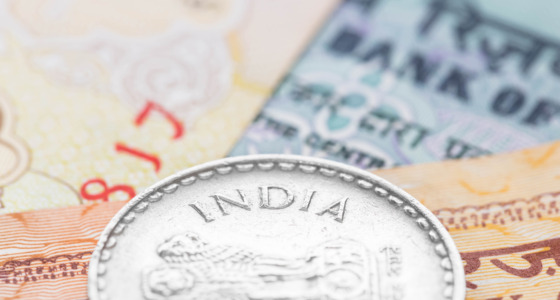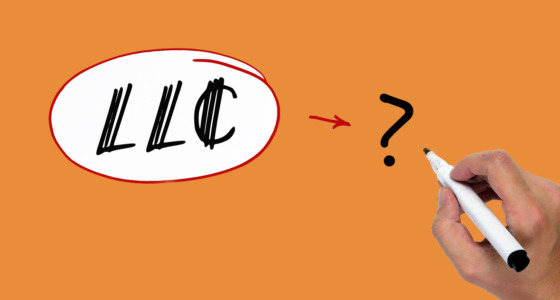

Unusual terms and concepts can confuse a novice trader. But do not despair — our article will help you to understand in detail what IPO shares are, how a company becomes public, what the advantages of this process are for any firm, and what nuances a trader should consider.
What is an IPO – plain and simple
The earliest record of companies issuing public shares exists in sources from the times of the Roman Republic: these were the so-called publicani companies.
Let’s start with a definition. IPO (short for Initial Public Offering) is the primary public sale of a company’s shares to an unlimited number of persons and a company’s official listing on the stock exchange. After a successful IPO process, investors who have bought company stock can trade it on the market.
In general, this procedure allows the owners of the company to determine its market value and raise additional capital for business development. However, going public imposes certain obligations on a firm, such as regular publication of financial statements. The full list of requirements depends on the policy of the platform where the company is going to trade.
Why do companies go public?

The presentation of IPO stocks on the market provides the company with many interesting opportunities:
- Attracting investors. Any business, even the most successful one, requires investments. Additional income may be required for development and scaling, updating the material and technical base, servicing loans, and many other purposes.
- The second reason for a company to go public is to get the most objective valuation (which can help with mergers or acquisitions in the future).
- In addition, the presence of IPO shares and publicity significantly facilitates work with the banking sector: lenders are more willing to grant loans and offer more favorable terms to public companies.
How can a company go public?
If a company is going to enter the IPO market, it will need to go through two stages:
- Preliminary stage. The company prepares reports and evaluates the financial position and business performance.
- Preparatory stage. The company chooses an exchange for placement and investment banks or insurance companies (they are called underwriters) who will help assess the risks and develop an IPO strategy.
A regular IPO is prepared by an average of six underwriters, and in the case of large IPOs, their number increases to 20–25. Small companies may act as their own underwriters.
The documents are then transferred to the financial regulator. After approval, an advertising campaign begins, which calls for investment in the company. It also consists of two stages:
- Main stage. A book of orders is formed from those wishing to buy shares before the start of trading on the stock exchange. After the order book is formed, the company and the underwriter propose a price per share and the number of shares to be placed.
- Final stage. Shares are distributed among investors from the order book, after which trading on the stock exchange is launched.
As you can see, the process of going public is quite complex, and the company has to spend a lot of time preparing its shares for purchase by primary investors.

IPO nuances
However, before thinking about investing in IPOs, one should take into account that they are rather high-risk: it’s not known how the market will evaluate the securities of the debutant company after going public. Here are some notable IPO histories:
- stocks could soar critically — for instance, Airbnb, whose shares after launching on the NASDAQ in 2020 rose by 142.6% in just a day;
- shares could go down — in 2019, Uber’s share price fell 7.6% on its first day of trading on the New York Stock Exchange).
This mechanism is far from flawless: after the initial placement, capitalization can either go up or collapse critically. In addition, experts recommend newcomers do not spend money on IPO shares of global companies (they are quite expensive and may be overvalued), but first invest in domestic businesses — it’s easier and more affordable.
Also, remember that you can buy several IPO shares before trading even begins. To do this, just select a broker, open an account, put in the amount that you are ready to invest, and then make an application. Then simply wait for the first day of the company’s public offering — securities for the invested amount will immediately be transferred to your ownership.
Conclusion
Let’s recap! The initial public offering is a great chance to develop a business through additional investments. Additionally, it allows company owners to learn the real market value of their company, as well as simplify work with the banking sector (publicity encourages borrowers to approve loans and provide more favorable conditions). These are the main reasons why more and more firms wish to go public.








